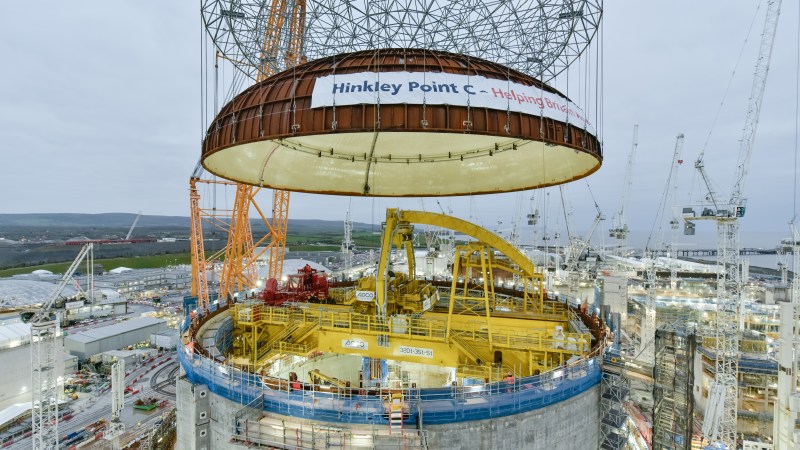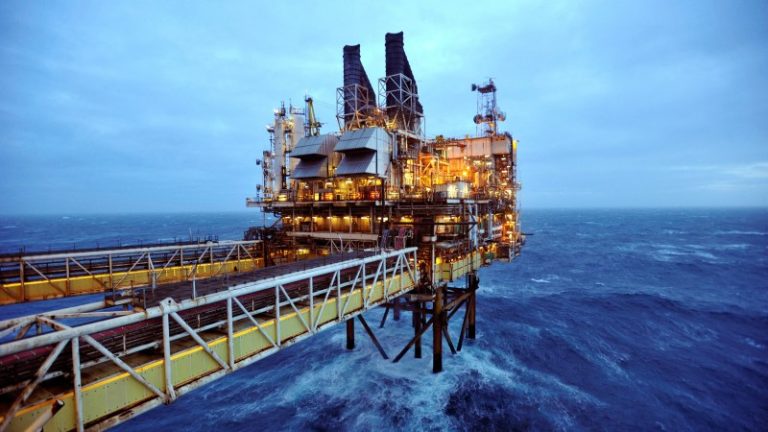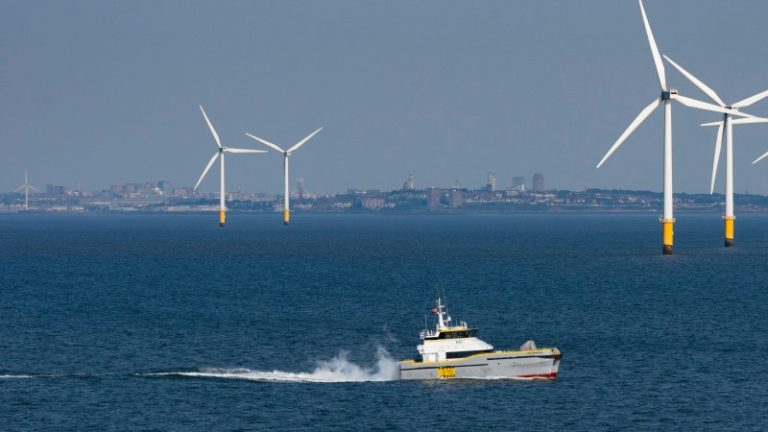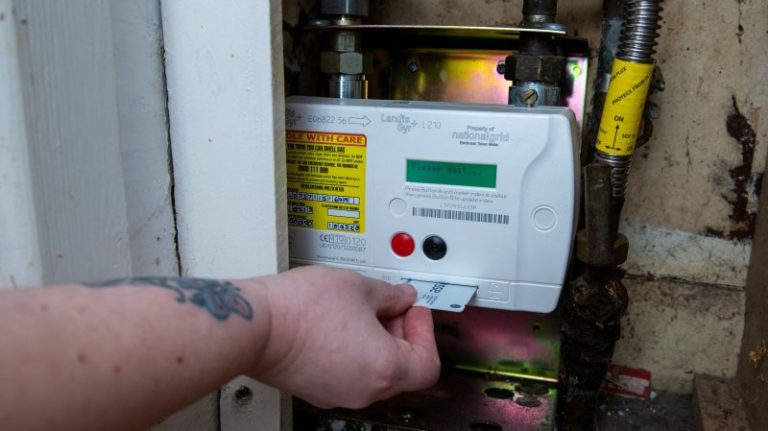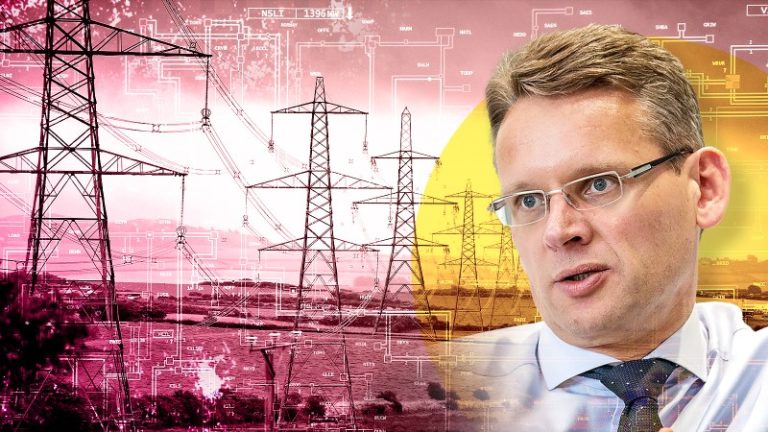EDF takes €8bn hit on Hinkley Point
The energy company building Britain’s only new nuclear power station has taken a near-€8 billion hit related to delays and spiralling costs on the project.
EDF set out the impairment charge weeks after it admitted that Hinkley Point C would cost billions of pounds more than expected and could be delayed by another four years.
The French state-owned power company said there would be a €7.9 billion charge after tax related to its UK operations. However, it said it had returned to an annual profit and had cut its debt by about €10 billion last year, thanks to high electricity prices.
EDF recorded a 2023 net profit of €10 billion, compared with a loss of €17.9 billion in 2022 when it had to shut down several reactors for repairs amid a global energy crisis. Net debt at the end of 2023 was €54.4 billion.
The business was nationalised last summer and is battling against spiralling costs and long delays at Hinkley Point, Somerset, where it is building the nation’s first new nuclear plant in more than two decades, as well as by falling power prices in France.
The cost of Hinkley Point C has expanded to £46 billion in real terms, up from an original estimate of £18 billion. It is now expected to be completed in 2029 at the earliest. EDF had said initially that it would be powering British homes in 2017.
The company has blamed some of the additional cost on safety measures requested by the UK government. There is a political row between the French and UK governments over which will foot the higher-than-expected bill. The negotiations are complicated by the fact that EDF is also involved in developing Sizewell C, a proposed nuclear power station on the Suffolk coast near the Sizewell B reactor.
Luc Rémont, 54, the chief executive of EDF, said: “We are in discussions with the British government and other investors to arrange financing for the Sizewell C project.”
Centrica, which has a 20 per cent stake in EDF’s British nuclear operations, is in discussions about helping to finance the reactor.
EDF also warned that its operating profit this year would fall and that it was struggling to find buyers for its long-term electricity contracts because of weaker power prices.
French electricity prices rose dramatically in 2022 after Russia’s invasion of Ukraine and when EDF took several reactors offline to carry out checks and repairs after signs of stress corrosion were discovered at some. The last reactor at risk of corrosion is expected to be repaired during its once-per-decade maintenance starting this month, EDF said.
Prices have been on the decline since that period and forward prices are close to EDF’s operational costs. It said its operating profit was expected to be lower this year than last as a result.
